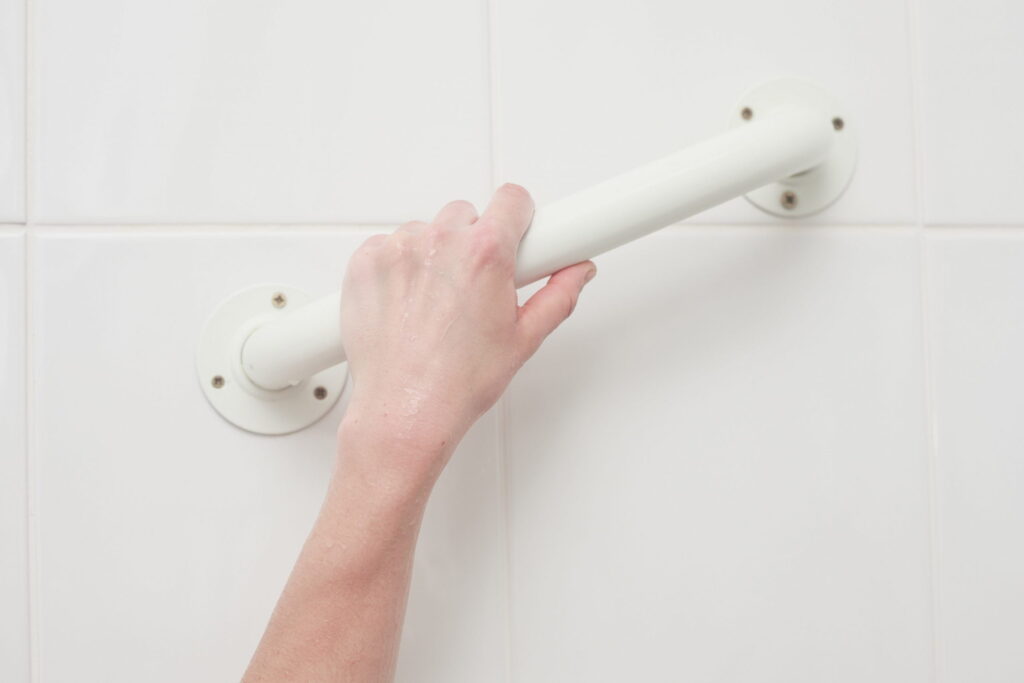
How To Finance Accessible Home Adaptations
If you need adaptations to your home in order to maintain independent living, you will naturally be wondering how you can pay for them. Depending on your financial circumstances, you may be entitled to a grant towards some or all of the cost. Here is a guide to the options available to you.
All local authorities have Disabled Facilities Grants (DFG) schemes for adaptations that cost over £1,000. They are designed to pay for changes such as a downstairs or more accessible bathroom, and accessible showers, baths, and toilets. They can also be used to widen doorways or corridors to accommodate a wheelchair.
For smaller adaptations that cost less than £1,000, your local authority will be able to pay for this and fit them free of charge. They are not means tested in England, but you will need to have a needs assessment by the local authority to see if the adaptation is deemed necessary. An occupational therapist will visit your home, and you will be given a care plan.
If the care plan recommends that you should have home adaptations to maintain independent living, you will be able to apply for funding for both major and minor work to be carried out. However, if you rent through a housing association, the process may be different, so check with them in the first instance.
DFGs for changes that cost over £1,000 are means tested. This means you will need to provide evidence of your income and any savings for the local authority. Depending on your circumstances, you could receive up to £30,000 if you are living in England and £36,000 if you are living in Wales.
Occasionally, a local authority may agree to pay over this limit, if it will save money in the long term. For example, a downstairs bathroom extension with a wet room to accommodate a wheelchair user may be more economical than paying for a daily carer, or moving the occupant into permanent residential care.
Local authorities calculate household income in different ways, so it is not possible to state exactly who may be eligible for the scheme. As a rule, they will take into account savings of over £6,000, including ISAs and Premium Bonds. They will not include any disability benefits such as Personal Independence Payment (PIP).
The work can include architects and surveyors fees if you need to have an extension built. Do not start the building work before you apply for a DFG grant, because they cannot be made retrospectively. Also remember that you do not need to pay Value Added Tax (VAT) for some adaptations, so ask about this when getting estimates.
If you feel somewhat overwhelmed by the whole process of applying for a DFG, there are various Local Care and Repair groups or Home Improvement Agencies who can help. If you are refused help from your local authority, they may be able to access funding elsewhere. They can also help with applying for grants, planning the work, and finding tradespeople.
For wet room installers in Berkshire, please get in touch today.

